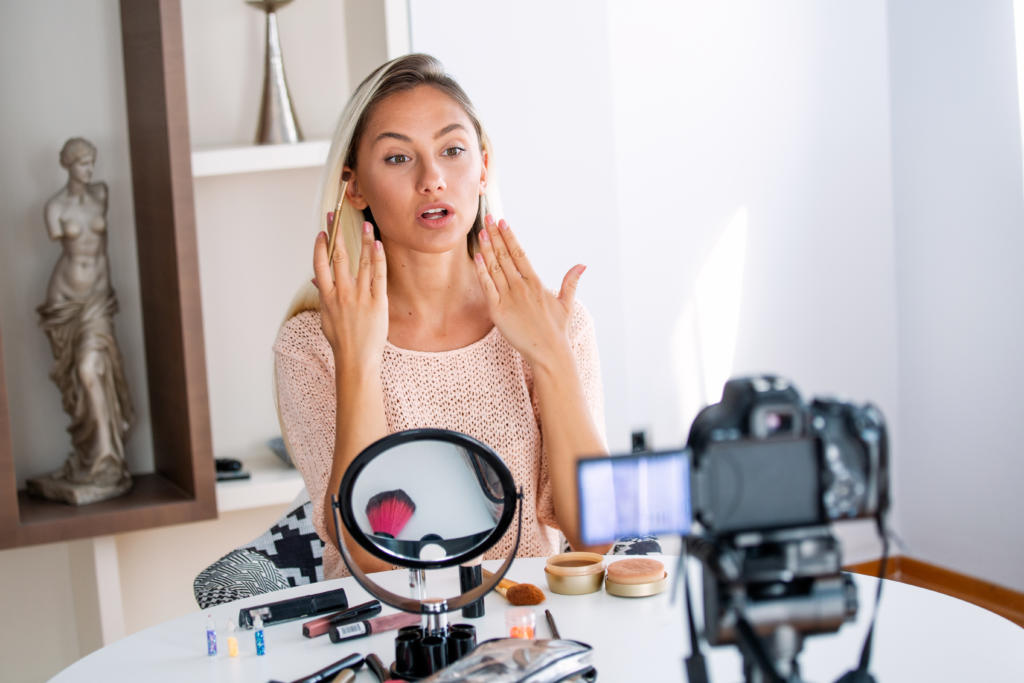
Influencing is becoming more and more regulated. On 6 February 2020, the Advertising Standards Authority published an Influencer’s guide to making clear that ads are ads.
The UK Code of Non-broadcast Advertising and Direct and Promotional Marketing (the CAP Code) is something every influencer/influencer agency should be familiar with; if you’re an influencer or an influencer agency but you are not familiar with the CAP code – you should be. It can help you protect yourself and your reputation as an influencer/influencer agency.
The Code includes rules that relate to different subjects. For example, there are rules governing how ads should be recognisable as ads and rules that advertisers (most influencers are classed as advertisers) must follow to avoid misleading people.
The classic scenario
A brand has paid for a promotion or gifted a product/service to the influencer and in return, the influencer has produced content which promotes and/or endorses the product or services by sharing it with their followers. However, the influencer has not disclosed the circumstances surrounding the post. They have not been transparent about the fact that the post and/or content has been paid for or that the product or service has been gifted to them.
This scenario breaks the law – the Consumer Protection from Unfair Trading Regulations 2008 (CPRs) applies to influencer marketing and prevents influencers from misleading their followers by failing to identify a commercial intent behind a social media post.
Note that even free trips and gifts count and you will need to be upfront about these arrangements with your followers.
Brand ambassadors
Omitting or hiding ‘material information’ is also included in the regulations – for example, where you are an ambassador for a brand whose product you have posted about you need to be explicitly clear about this position in your posts. Love Island star Molly-Mae Hague was recently caught out by this – The ASA banned Molly-Mae’s Instagram post which showed her wearing a Pretty Little Thing coat – Pretty Little Thing was tagged in the post, but details of Molly-Mae’s partnership with the brand were not included. The ASA are proving not to be very sympathetic to these types of slip ups.
Influencers need to make sure they understand the rules around advertising in the influencer landscape to avoid incurring the consequences of the ASA taking action. In addition, different social media platforms have their own terms and conditions which will need to be complied with.
How can we help?
At Stephens Scown, we advise influencers and influencer agencies on the do’s and don’ts of influencer marketing, so that it is clear what the rules are surrounding posting gifted and/or paid for promotional content online.
